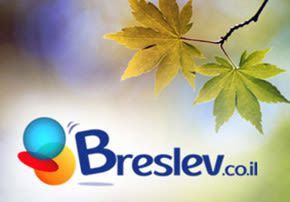
Tzav: Gratitude Thank You
Spring has arrived in Jerusalem. Our hearts fill with a sense of appreciation for the balmy spring weather, blossoming fruit trees... Since spring makes us feel especially grateful, examining the Thanksgiving Offering provides us with a timely and relevant message.

Thanksgiving
Spring has arrived in Jerusalem.
Our hearts fill with a sense of appreciation for the balmy spring weather, blossoming fruit trees and the green meadows adorned with splashes of wildflowers. It is a natural feeling; we are caught up in the renewal around us as we wake up from the winter doldrums. We walk outside and can’t help but smile at the beauty of it all. Isn’t it great to be alive?
A glance at the Parshah reveals — more offerings. According to Jewish tradition the pure and innocent young children begin their studies with Vayikra/Leviticus. “Let the pure come and learn the laws of the offerings that require purity,” say the Sages. As adults, though, we have difficulty with the idea of animal offerings. How is it relevant to our lives?
To understand the offerings, let’s focus on the details of one example, and then extrapolate to the other offerings. Since spring makes us feel especially grateful, examining the Thanksgiving Offering provides us with a timely and relevant message.
Thank You, Hashem!
When someone has survived a life-threatening crisis, he brings a Korban Todah, a Thanksgiving Offering, to express his gratitude to God and his recognition that it was God who saved him.
“And this is the law of the Peace Offering, which he shall bring to God. If he is bringing it as a Thanksgiving Offering, he shall offer, along with the Thanksgiving Offering unleavened loaves mixed with oil, unleavened wafers anointed with oil, and scalded flour mixed with oil. Along with loaves of leavened bread, he shall bring his offering along with his thanksgiving Peace Offering” (Vayikra 7:11-13).
Based on the Talmud (Berachot 54b), Rashi explains that there are four categories of people required to bring this offering: “(1)Those who made a sea-voyage and returned safely or (2) journeyed in the desert, or (3) those who had been imprisoned and were subsequently released, or (4) a sick person who recovered. All these are required to give thanks to God, for regarding them, it is written, ‘They shall give thanks to God for His kindness and for His wonders to the children of men. And they shall slaughter sacrifices of thanksgiving'” (Tehillim 107:21-22).
Invite All Your Friends
Rabbi Naftali Tzvi Yehudah Berlin (the Netziv) explains that the loaves of leavened bread play a central role in the Thanksgiving Offering. The Thanksgiving Offering comes to “give thanks to God for His kindness and for His wonders.” The one who was saved should publicize the miracle.
To publicize his miraculous deliverance, he brings a large number of loaves (in Menachot 77b, the Sages derive that he brings forty loaves!). He also has less time to eat the offering than a normal Peace Offering. With such a large amount to be eaten and a very limited time to eat it in, he has no choice but to invite a lot of guests and make a festive meal. During the meal, he will speak about the reason he brought the Korban Todah, the Thanksgiving Offering. In doing so, he will publicize his gratitude to God for delivering him from a dangerous situation.
Four of the loaves are given to the Kohanim (Priests). This insures that the Kohanim, who were the nation’s Torah scholars and teachers, will also be present at this thanksgiving meal. Their presence virtually insures that the true purpose of the offering will be realized (HaEmek Davar).
Furthermore, the inclusion of Torah scholars at a meal is in itself a lofty attainment, as we find: “And Aharon (Aaron) and all the elders of Israel came to dine with Moshe’s (Moses’) father-in-law before God” (Shemot 18:12). “From here we learn that if one derives pleasure from a feast at which Torah scholars are seated, it is as if he has derived pleasure from the splendor of the Shechinah, Divine Presence” (Rashi).
Double Gratitude
The Ktav Sofer, Rabbi Avrahom Shmuel Binyamin Sofer (1815-1872) explains that when we are delivered from a dangerous situation, we appreciate the miracles of our deliverance, but do not stop to think about circumstances that endangered us. In truth, however, we should be grateful for the troubles as well as the deliverance, for, as we know, “everything that God does is for the best.” Troubles are for our benefit. Their purpose might be to wake us up from complacency and move us to do teshuvah, repentance. For this reason the Sages said: “Just as one blesses joyously on hearing good tidings, so too, he should bless on bad tidings” (Berachot 54).
Therefore, one who brings a Thanksgiving Offering must show appreciation for the troubles as well as for being saved from those troubles. On this point the Midrash brings a verse: “One who slaughters a Thanksgiving Offering honors Me” (Tehillim 50:23). “Rav Huna said in the name of Rav Acha: ‘The verse did not say yechab’dani, honors Me, rather, it said yechab’daneni (with two nuns)—to show that there should be an honoring after an honoring” (Midrash Rabbah 9:2).
The double nun teaches us that we must show double gratitude to God, for both the good and the bad.
With this insight the Ktav Sofer explains the end the verse: “One who slaughters a Thanksgiving Offering honors Me, and [I will] prepare the way; I will show him the salvation of God” (Tehillim 50:23).
Even if we fully believe that everything is for the best, we usually have no idea what good will come out of our troubles. If we bless God wholeheartedly for everything that occurs, God will allow us discover the benefit concealed within that which appears negative.
This, then, is the meaning of the verse: Because he doubly honored Me, for the bad as well as the good, “[I will] prepare the way; I will show him the salvation of Elokim, God.” The name of God, Elokim, normally refers to the Attribute of Justice. As a reward for his great faith, though, he will see the salvation and the mercy that lies within Elokim, the attribute of strict justice.
This follows the statement of our Sages: “This world is not as the World to Come. In this world, we say ‘Blessed are You… Who is good and Who does good’ on good tidings and ‘Blessed are You… Who is the true judge’ on bad tidings. In the World to Come, on all tidings we will say: ‘Blessed are You… Who is good and Who does good’” (Pesachim 50a). In the Ultimate Future we will understand that which we cannot comprehend in the present — how everything – both the “good” and the “bad” – is for our benefit.
The Lesson of the Korban
Through bringing the Thanksgiving Offering with the proper thoughts and intentions, a person strengthens his relationship with God. Through honoring God in a festive meal with Torah scholars present, he brings the Shechinah closer.
The purpose of bringing the Korban Todah is to come closer to God. The word korban comes from the root karev, to come close. Coming close to God is the purpose of all the offerings.
Now that the Beit HaMikdash, the holy Temple is in ruins, prayer takes the place of the offerings. In Shacharit, the weekday morning service, we recite Mizmor L’todah, Psalm 100, which was chanted when a Korban Todah was brought in the Beit Hamikdash.
“A song for a Thanksgiving Offering. Shout to God, all the earth. Serve God with joy; come before Him with joyous song. Know that God is God; He made us and we are His, His people and the flock of His pasture. Come into His gates with thanksgiving, [into] His courtyards with praise; give thanks to Him, bless His name. For God is good; His kindness is forever, and until generation after generation is His faithfulness” (Tehillim 100).
Each morning, as we recite this Psalm, we are given an opportunity to focus on gratitude. A practical piece of advice is while reciting Mizmor L’todah to think of one thing we should be grateful for and then express our appreciation for it.
Mizmor L’todah can take on a special meaning when we focus on a new blessing each day. We can achieve joy in our gratitude and express the conviction that God is our Maker, Shepherd, and Protector.


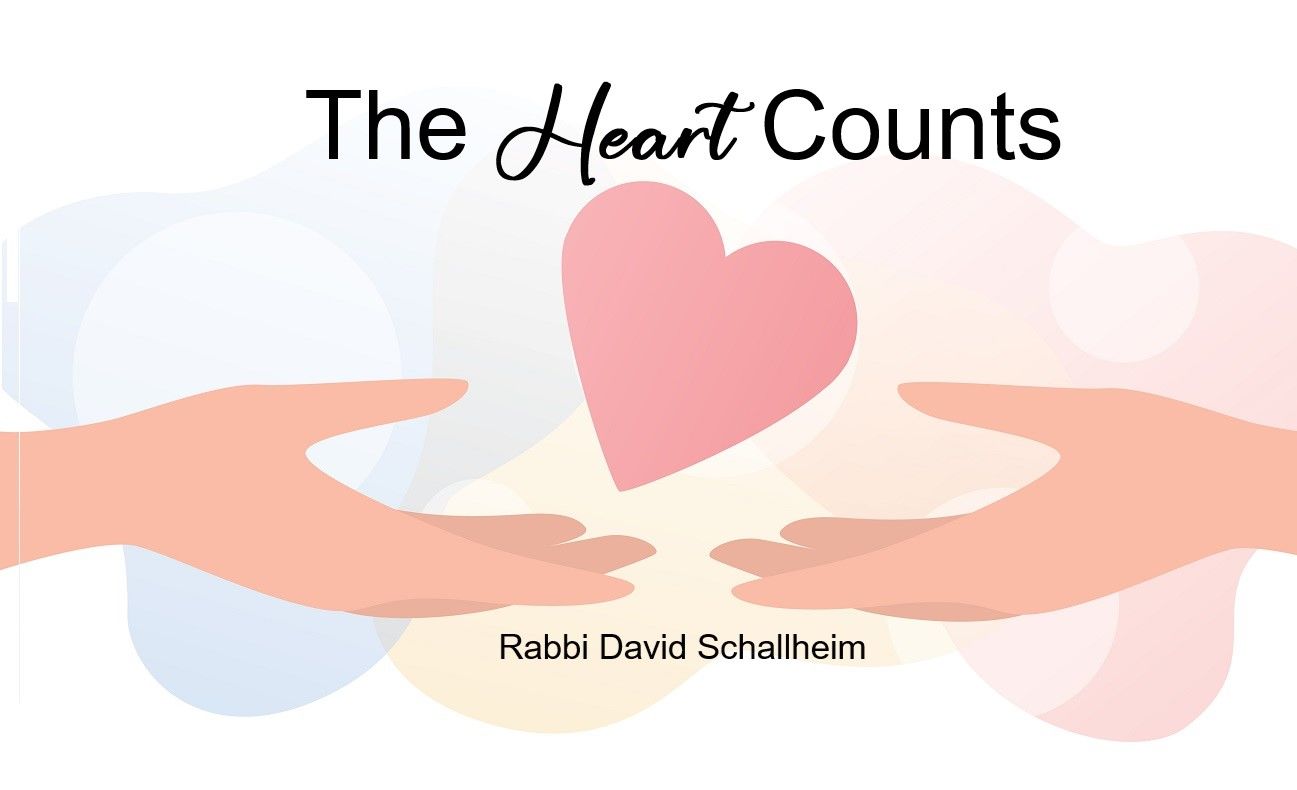
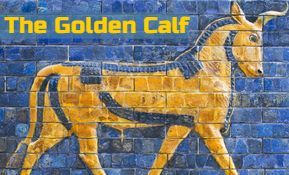


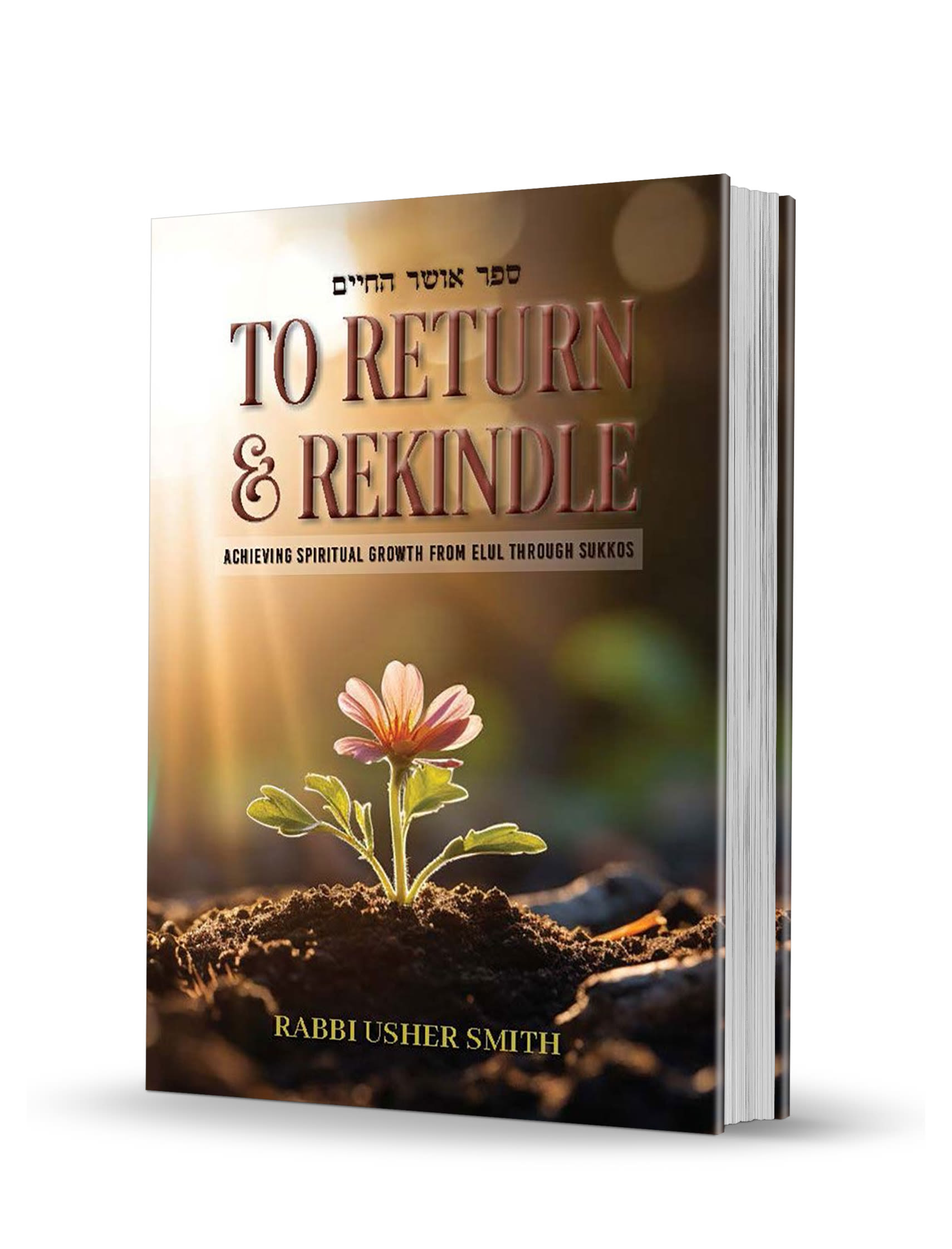

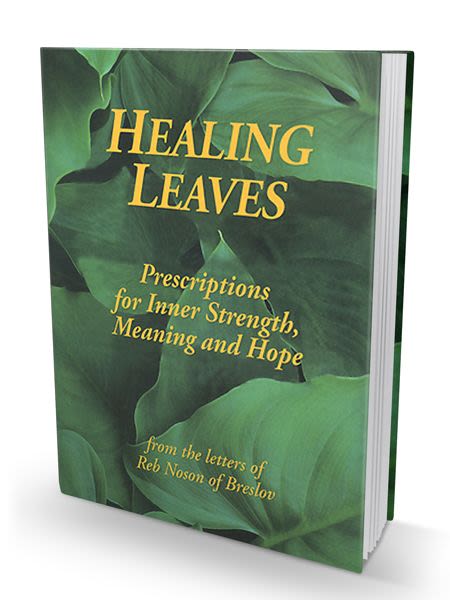
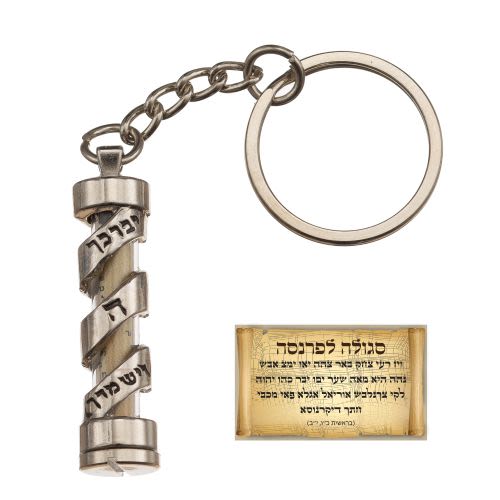


Tell us what you think!
Thank you for your comment!
It will be published after approval by the Editor.